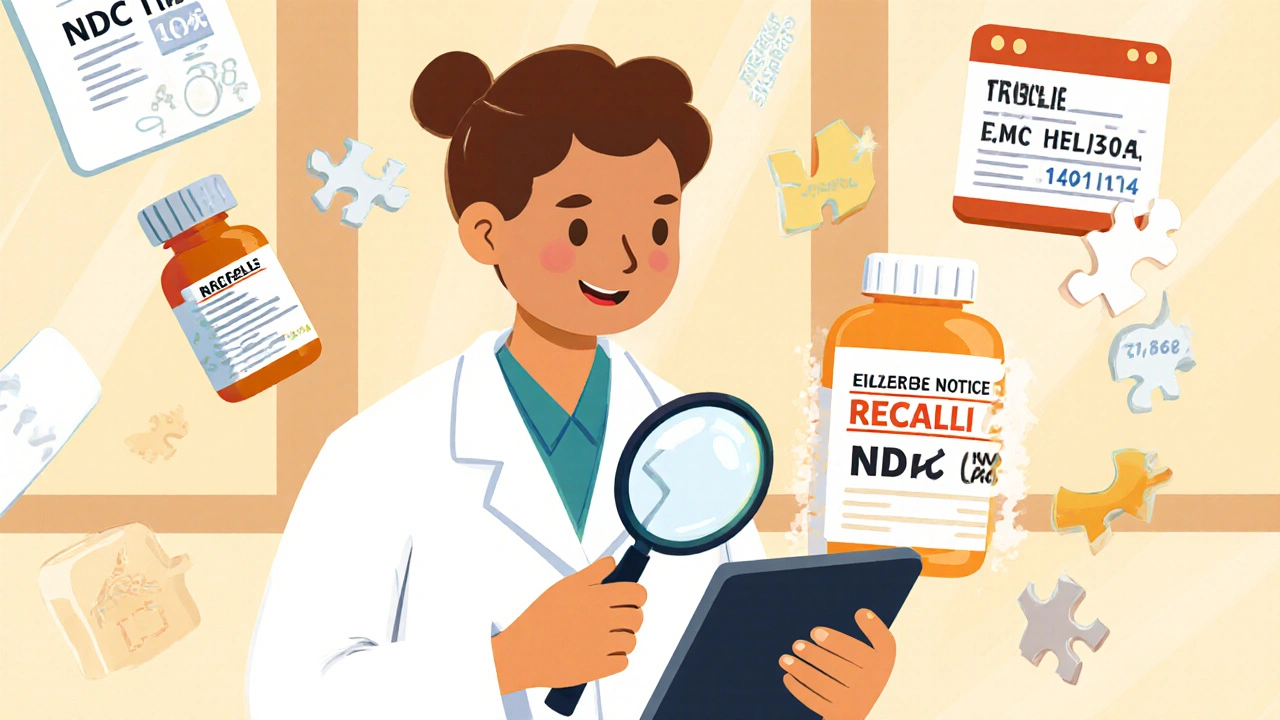BosleyRx.com: Your Comprehensive Guide to Pharmaceuticals - Page 7
Pregnancy and Sleep: How to Manage Apnea, Reflux, and Positioning for Better Rest
Learn how to manage sleep apnea, reflux, and positioning during pregnancy to improve rest and protect your health and your baby’s. Evidence-based tips on CPAP, pregnancy pillows, and sleep habits.
View MoreGeneric Drug Savings: Real Numbers and National Statistics
Generic drugs saved the U.S. healthcare system $467 billion in 2024 alone. Discover the real numbers behind prescription savings, how generics cut costs by up to 80%, and why brand-name drugs keep rising in price.
View MoreMetformin and Kidney Function: How to Monitor and Adjust Doses Safely
Metformin is safe for most people with mild to moderate kidney disease when dosed correctly. Learn how eGFR guides safe use, when to adjust doses, and why stopping metformin unnecessarily can be dangerous.
View MoreChronic Disease Self-Management: Practical Tools to Regain Control of Your Daily Life
Learn practical tools to take control of your daily life with a chronic condition. Evidence-based self-management programs help you improve function, reduce symptoms, and feel more confident-without needing to be a health expert.
View MoreBuy Online Cheap Generic Seroquel: What You Need to Know Before You Order
Buying cheap generic seroquel online may seem like a cost-saving trick, but it's dangerous and often illegal. Learn how to get real, affordable quetiapine safely with a prescription - and avoid deadly counterfeit pills.
View MoreSt. John’s Wort and SSRIs: The Hidden Danger of Serotonin Syndrome
Combining St. John’s Wort with SSRIs can cause serotonin syndrome - a dangerous, sometimes fatal condition. Learn why this herbal supplement isn't safe with antidepressants and what to do instead.
View MoreHearing Aid Batteries vs. Rechargeables: What Works Best for You
Choosing between disposable and rechargeable hearing aid batteries comes down to lifestyle, dexterity, and long-term cost. Discover which option works best for your daily routine and hearing needs.
View MoreProvider Education: Understanding Biosimilar Differences
Biosimilars offer major cost savings and equal efficacy to biologics, but provider confusion about how they differ from generics limits patient access. Learn what makes them unique, why adoption varies by specialty, and how education closes the knowledge gap.
View MoreLifetime Savings: How Generics Cut Chronic Condition Costs Forever
Generic medications can save patients thousands of dollars over a lifetime while maintaining the same effectiveness as brand-name drugs. Learn how switching to generics cuts chronic condition costs, improves adherence, and reduces long-term healthcare expenses.
View MoreHow to Verify Recall Notices and Affected Medication Lots
Learn how to properly verify medication recalls by matching lot numbers, using multiple sources, removing affected drugs, and documenting every step to ensure patient safety and regulatory compliance.
View More









